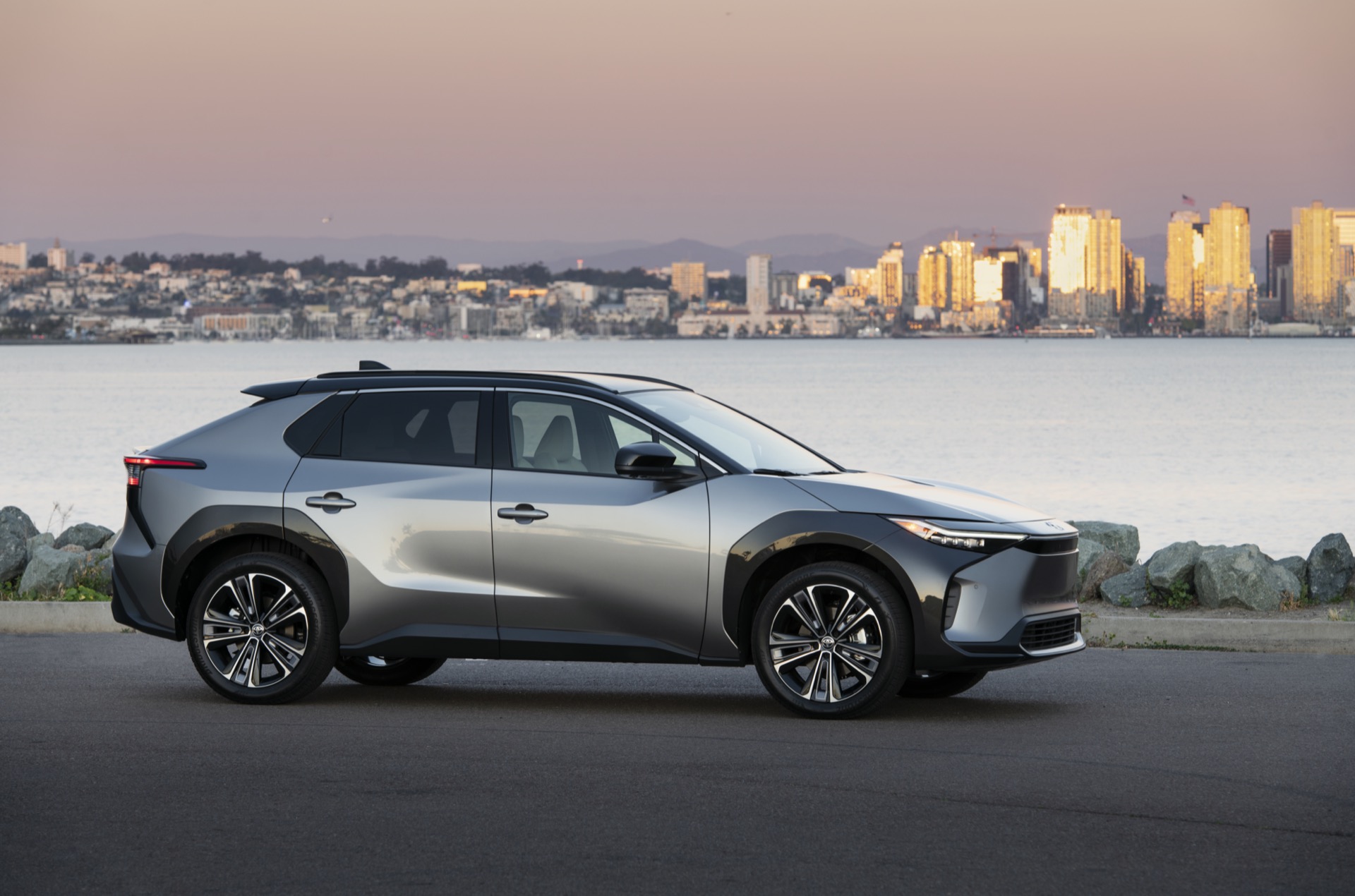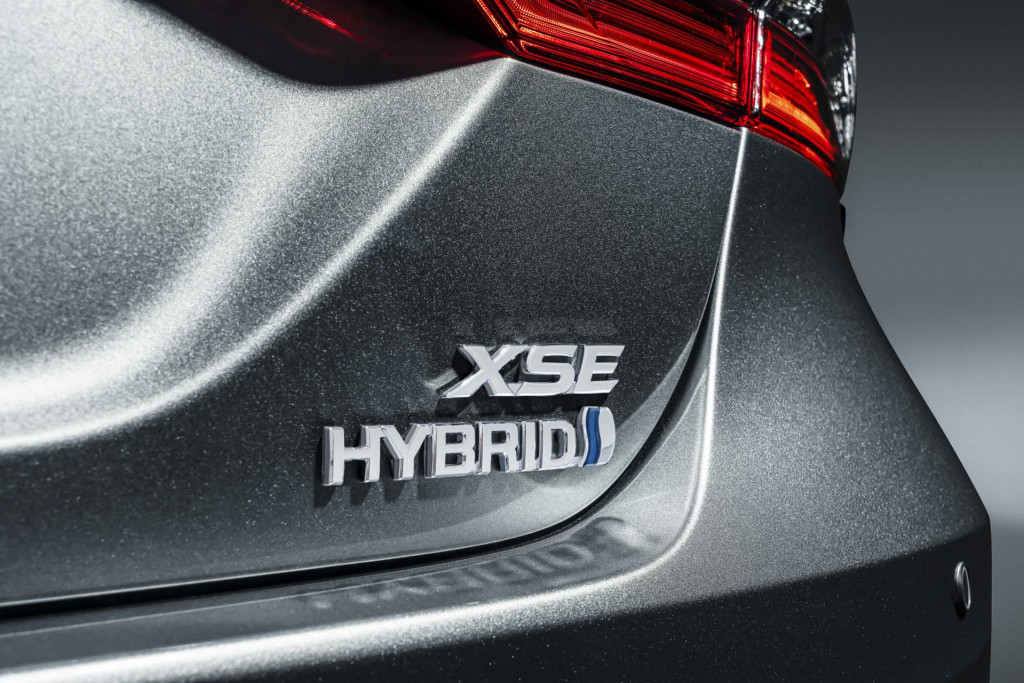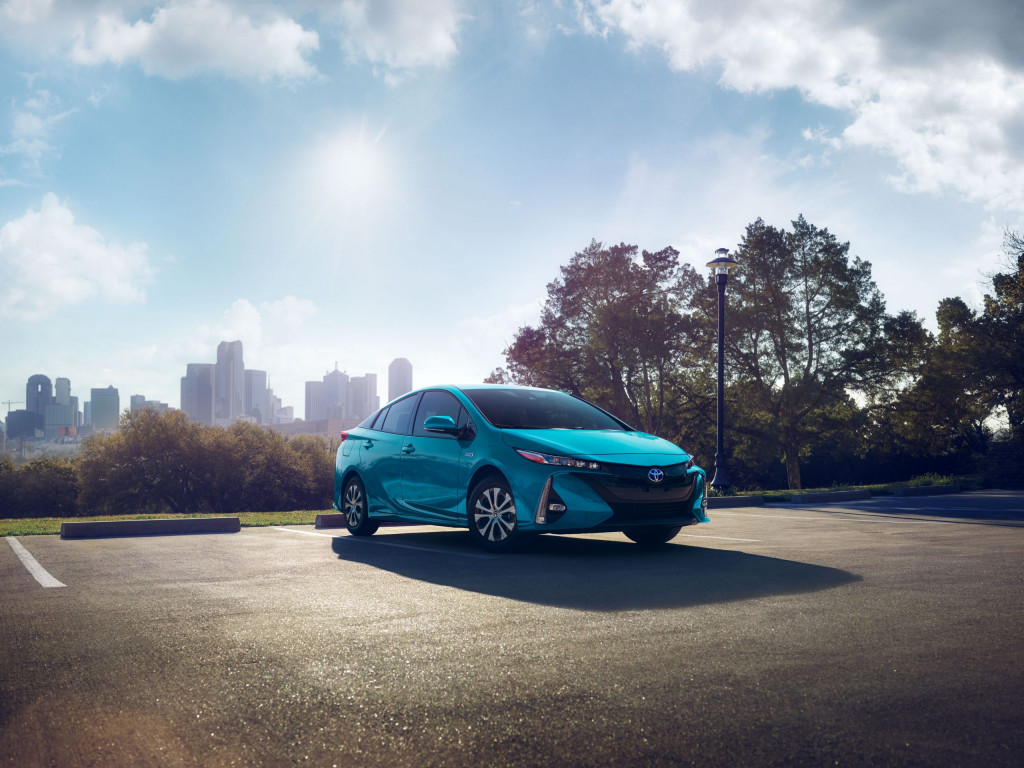

Toyota CEO: US target of 50% EVs by 2030 “very difficult”
Toyota’s CEO said last week that it will be a challenge to boost sales of electric cars to levels anticipated by some U.S. states—including the state of California, which plans to outlaw sales of vehicles not powered by electricity by the middle of next decade.
From Volvo and Bentley to Cadillac and Buick, a number of luxury and niche brands have already declared an end to development of gas-powered vehicles by 2030. Even some mass-market brands like Chevrolet plan to wind down sales of gas-powered vehicles by 2035.
That said, automakers, regulators, and U.S. states are split over whether California’s all-out ban of non-plug-in vehicle sales by 2035 is realistic. Toyota CEO Akio Toyoda is one of the few executives of a large automaker to speak out against the U.S. goal of 50% zero-emissions vehicles by 2030—reportedly calling it “very difficult” at a meeting with dealers last week.
Toyoda reportedly told its dealers that EVs “are just going to take longer than the media would like us to believe,” and he said that the automaker will continue to offer the “widest possible” array of powertrains.

2021 Toyota Camry Hybrid XSE
Even as other automakers have ratcheted up EV plans and gasoline retirement dates, Toyota has kept to a May 2021 roadmap that suggests 85% of its U.S. vehicles in 2030 will still have tailpipes.
“That’s our strategy and we’re sticking to it,” said Toyoda, who referred to Toyota as being like a department store with all sorts of powertrains.
Through a translator, Toyoda said that regulations “tend to narrow the options available for solutions toward carbon neutrality,” according to Automotive News.
Toyoda sees not just hydrogen fuel cells but hydrogen combustion as a viable option, longer-term, while in the shorter term hybrids will produce the greatest benefit, he argued, noting that with the batteries that go into a 320-mile electric vehicle, Toyota can produce eight plug-in hybrid models, effectively saving up to eight times the carbon emitted.

2022 Toyota Prius Prime
In 2019, Toyota was one of the automakers that joined a Trump administration–backed attempt to challenge California’s Clean Air Act exemption, and its precedence in regulating vehicle emissions. Toyota was one of the last automakers pushing back, and it just in August signaled that it would end the fight and recognize the state’s emissions authority.
As these recent comments suggest, that doesn’t mean that Toyota won’t dig its heels in against any of these targets.
Add a comment Cancel reply
Comments (0)
Related posts


EV Guide: How to Care for Your Electric and Hybrid Car











